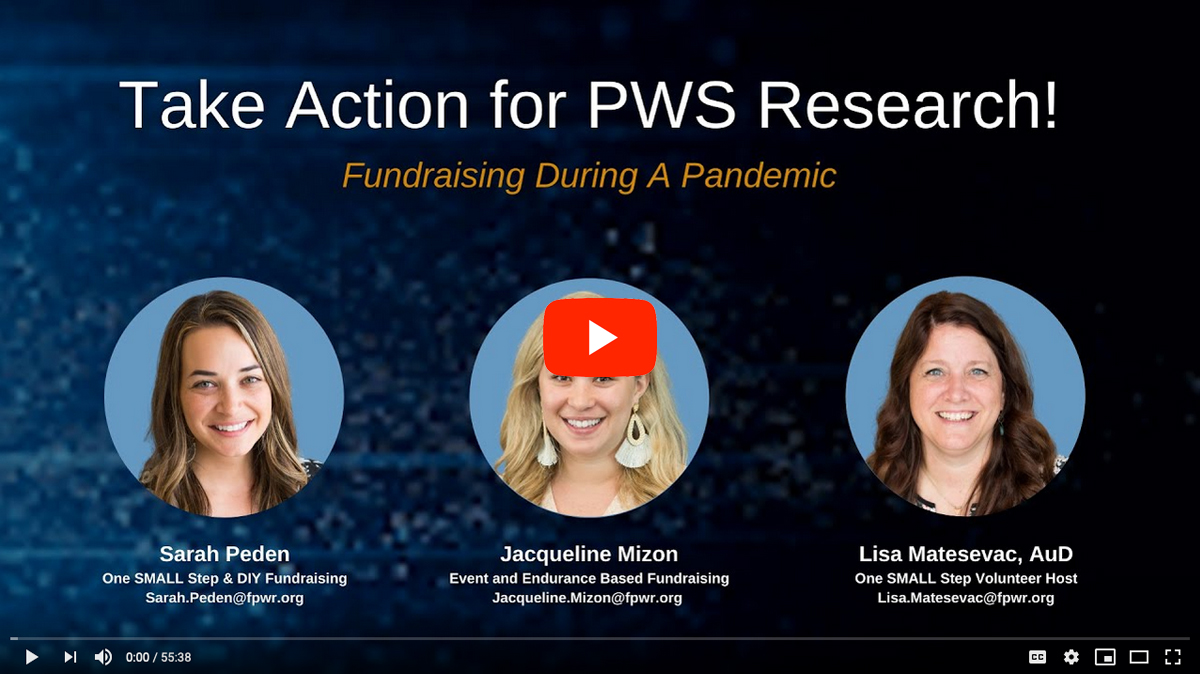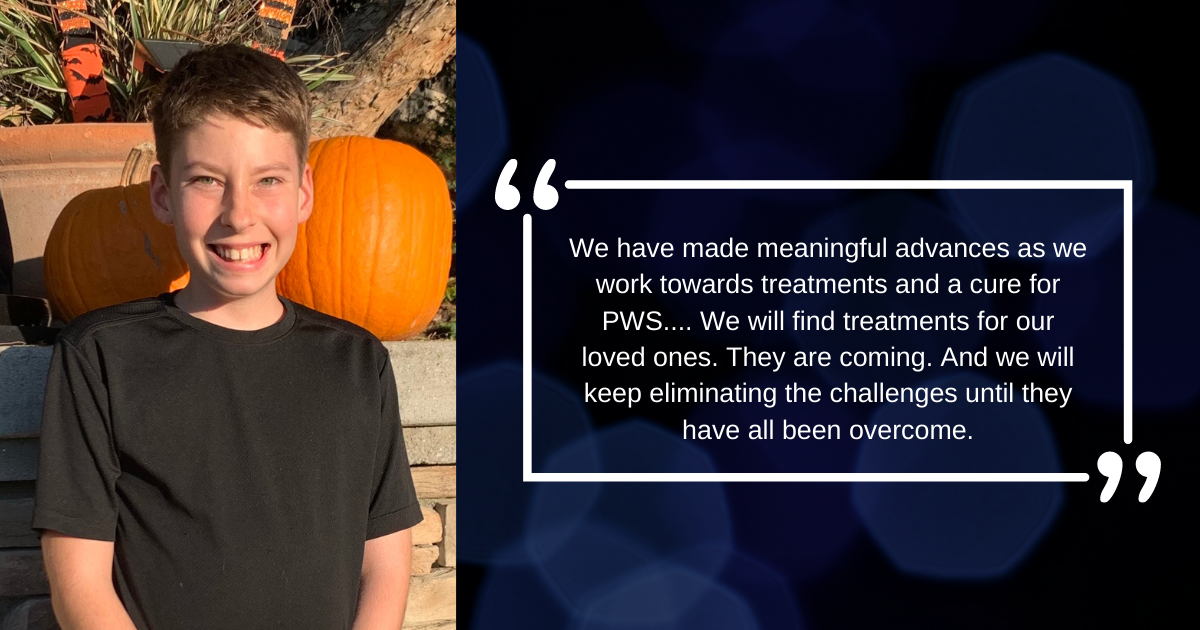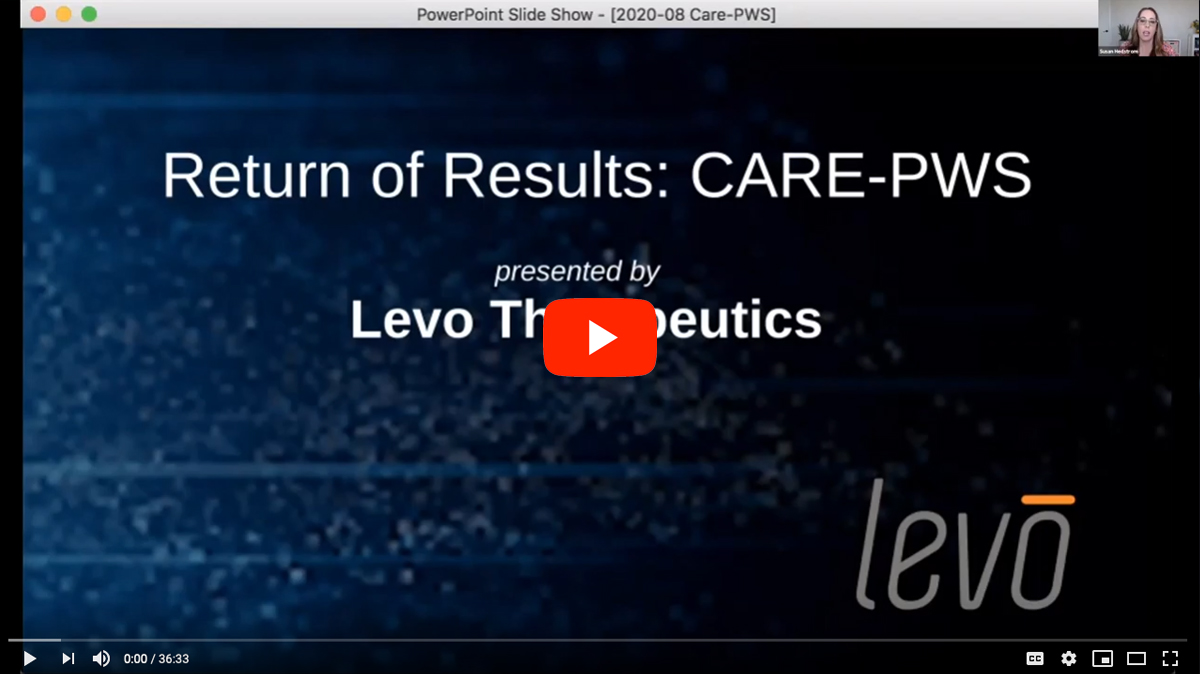Topics: Clinical Trials Opportunities
2021 brings new opportunities to learn even more about PWS and improve the health of those living with PWS. De-identified data from the Global PWS Registry is actively being used to help PWS physicians understand medical problems in PWS, provide scie...
If you value PWS research and want to help find treatments for PWS, join us for a panel of parents and hear how they've taken action in their own unique ways. In this 50‑minute video, active PWS parents and fundraisers talk about how they've gotten c...
Topics: Research
Radius Health has announced its acquisition of RAD011, a synthetic cannabidiol oral solution, which may be a potential treatment for hyperphagia in people with Prader-Willi Syndrome. The Company plans to initiate a pivotal Phase 2/3 study for patient...
My son with PWS turns 12 years old this year. He experiences many of the challenges of PWS and, like every parent, I dream of the day when he can live a FULL and independent life. This is why I am as excited as ever as we enter 2021 …
Topics: Research
The Foundation for Prader-Willi Research announces our second round of Research Awards in 2020 totaling $666,566. FPWR is dedicated to supporting research that advances the understanding and treatment of Prader-Willi syndrome (PWS) and to that end, h...
Topics: Research
In this hour-long video, the CEO of Soleno Therapeutics and researcher Dr. Jennifer Miller go into detail on the design and results of the DCCR phase 3 clinical trial. The session also covers next steps for making the drug available to treat PWS, dis...
Topics: Research
Despite the enormous challenges of 2020, PWS scientists and clinicians persevered and made tremendous headway in understanding PWS, advancing new treatments, and improving care. New insights into the biology of PWS have identified new targets for dru...
Topics: Research
In this 36-minute Return of Results session, David Ryman of Levo Therapeutics provides insights into the Phase 3 clinical trial of carbetocin, including next steps for making the drug available to treat hyperphagia and anxiety behaviors in PWS. This ...
Topics: Research













